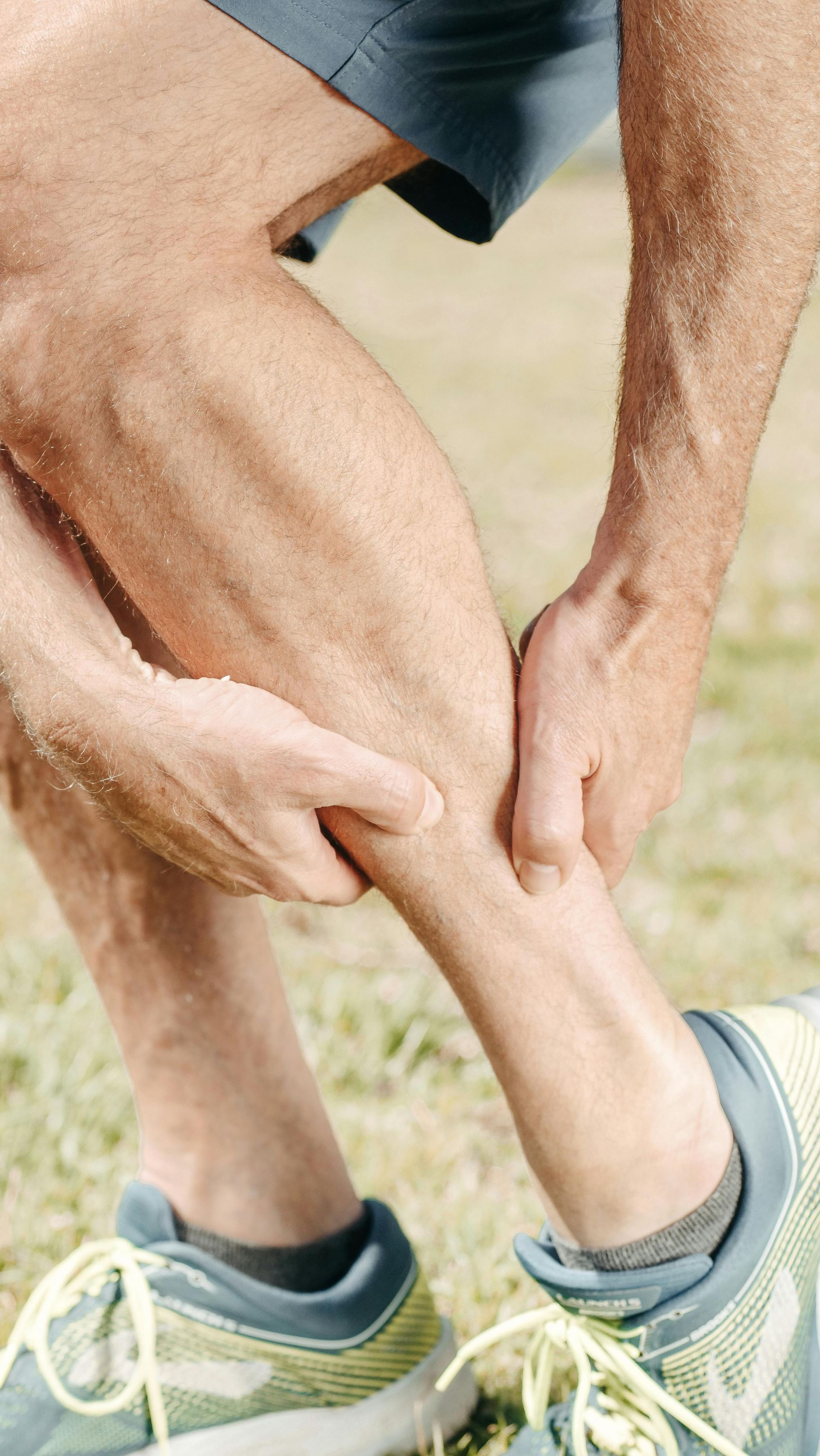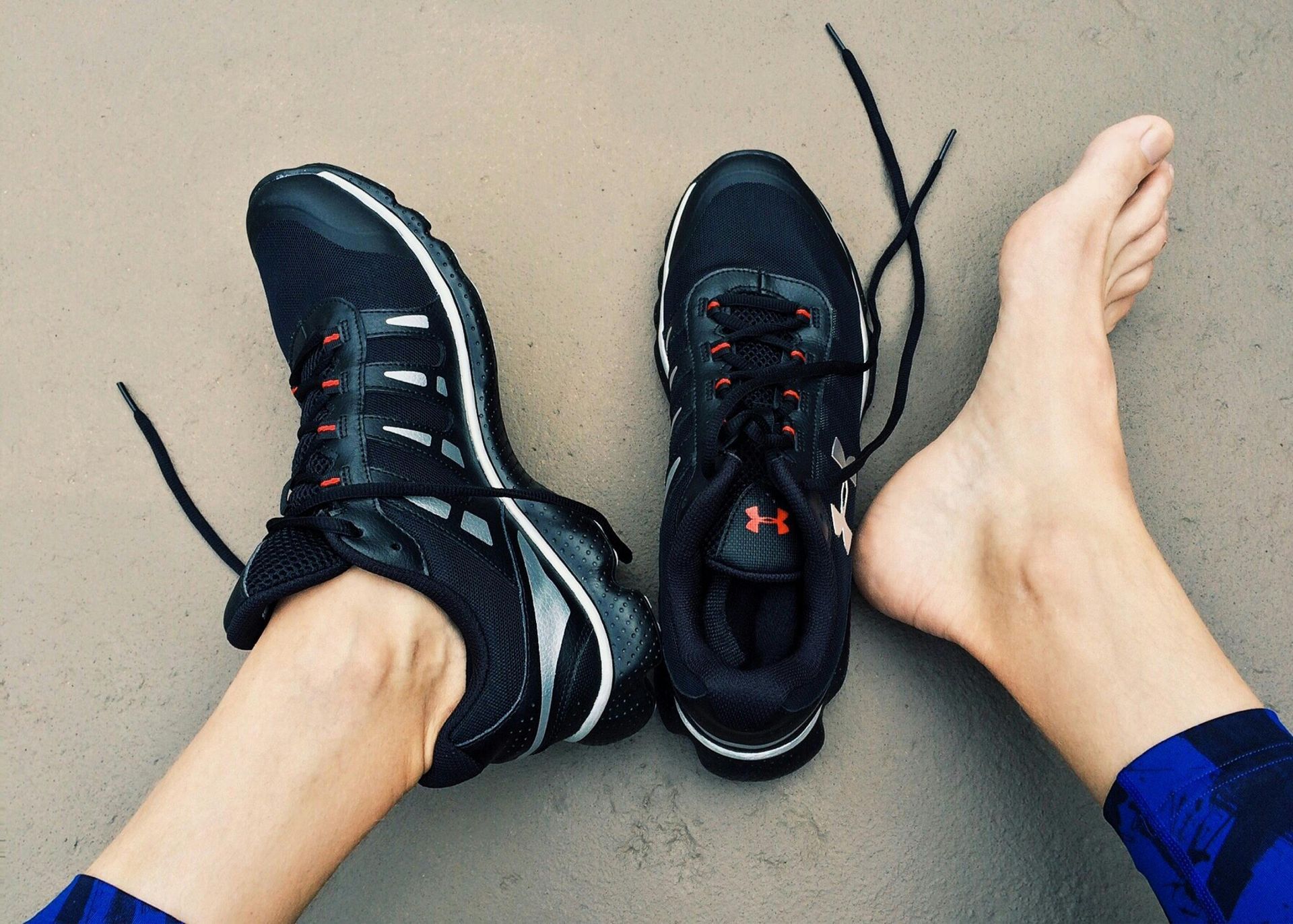4 Things You Shouldn't Do When in Pain
March 2025
4 Things You Shouldn't Do When in Pain:

4 Things You Shouldn't Do When in Pain:
Pain can be overwhelming, and in the moment, it's easy to make hasty decisions that may only worsen the situation. Whether it’s an injury from sports, work, or daily life, the way you respond can make all the difference in how quickly you recover. Here are four common things to avoid when you’re experiencing pain:
1. Don’t Rush Through Movements
When we’re in pain, our bodies often react with tension and fear. This can lead to quick, jerky movements in an attempt to ‘get it over with’ or avoid discomfort. However, this instinctive reaction is rarely helpful. Fast, jerky motions can actually strain muscles, ligaments, and joints even further, causing more harm than good.
It’s important to stay mindful and take things slowly. Try controlled, deliberate movements that prioritize proper technique over speed. This allows your muscles and tissues to heal and can help avoid the aggravation of the injury.
2. Don’t Ignore the Pain
It’s tempting to push through the pain, especially if you’re used to being active or are in a rush. But ignoring the pain or “toughing it out” could lead to more severe injuries down the road. Pain is your body’s way of signaling that something isn’t right, and continuing to push through without proper care or treatment could make the issue worse.
If you're feeling persistent or sharp pain, it’s important to listen to your body. Rest, seek professional advice, and take appropriate measures to manage it. Early intervention can often prevent long-term issues.
3. Don’t Stay Completely Still
While resting is important after an injury, complete immobility can actually hinder your recovery. Staying in one position for too long can cause muscles to stiffen, reduce blood flow, and slow down the healing process. This can make the pain feel worse or prolong your recovery.
Instead of total immobility, try gentle movements or range-of-motion exercises as recommended by your physiotherapist. This helps keep your muscles active without putting too much strain on the injured area, facilitating a quicker recovery.
4. Don’t Self-Diagnose or Overuse Pain Relief
While it’s tempting to turn to over-the-counter painkillers or to self-diagnose your injury, this can often mask the real problem and lead to improper treatment. Pain relievers can provide temporary relief, but they don’t address the root cause of the injury. Plus, relying on them for too long can lead to dependence or mask more serious conditions.
It’s crucial to consult with a healthcare professional who can diagnose your condition correctly and recommend appropriate treatment options. This may include physical therapy, manual techniques, or specific exercises to aid your recovery.
Final Thoughts:
Pain is a signal from your body that something isn’t quite right, and your response can make a big difference in how quickly and effectively you recover. Slow, controlled movements, proper rest, and seeking professional advice are key steps in making sure your pain doesn’t turn into a bigger problem. Always remember to listen to your body and take the necessary steps to heal safely.
book a session with Physiotherapy Madeira
All Rights Reserved | Physiotherapy Madeira




